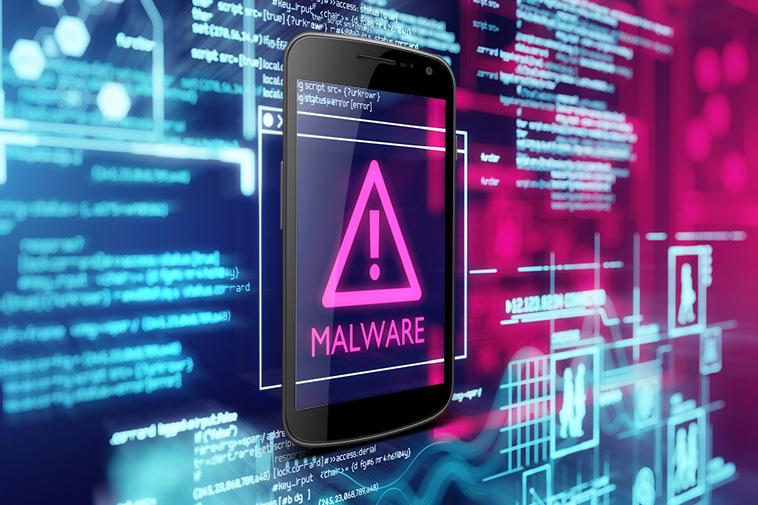How to Prevent Malware on Your Android Phone

Almost all phones are vulnerable to malware. If you get a mobile phone virus, it will steal your personal information. When your device is compromised by malware, sensitive information is captured and thieves can take out a loan in your name. The good news is that you can limit attackers’ access to your mobile device. If you want to know how to protect yourself from malware and other malicious files, keep on reading.
Stick with official apps
There are many ways malware can do harm on your device. For example, it can hide in an app’s icon and imitate existing apps. Hackers use carefully crafted mobile applications to steal users’ credentials. We’re talking about malicious downloads that take place without the users’ knowledge. It’s recommended to install only official apps. Don’t trust unknown sources. If nobody vouches for the app source, don’t even think about installing it on your phone. Yes, you have the ability to sideload apps, but that doesn’t mean that you should do it. It’s never a good idea to install Android apps from unknown sources.
Use anti-malware for Android
Reliable anti-malware solutions for Android do exist. Avast antivirus is just one example. It will secure your device from phishing attacks, infected websites, phone calls, etc. Anti-malware programs are effective in the sense that they can identify and remove sophisticated malware and keep your phone safe. Your mobile device will be protected against malicious attacks, so you don’t have to worry that someone will steal your money, information or hijack your system resources. You enjoy real-time protection.
Be cautious when it comes to Google Play Store
Google Play, commonly referred to as the Android market, isn’t as safe as it should be. Infected apps with thousands of downloads have been identified. It seems that some pieces of malware managed to bypass Google’s security scans and reach the official Play Store. Bad actors always find new ways to overcome Google’s anti-malware measures. This means that you can’t be certain that the apps you download from the Play Store are safe. Be very cautious when installing anything coming from the Android market. Take a close look at reviews. People will most likely rate an infected app and warn others about the consequences.
Password protect your phone
Malware programs disrupt operations and gather private information. If you use strong passwords, you can protect your mobile device from malicious eyes. Use long, complex passwords. A lock isn’t enough to protect your phone from malware attacks. Use strong passwords for apps and website logins. The password should have a minimum of 12 characters in terms of length, not to mention that it should contain numbers, symbols, and capital letters. A strong password may not prevent analog hacking – in other words, subtle threats – but it’s better than nothing. Don’t forget to configure regular scans and update your operating system.
To sum up, even if you use your mobile phone normally, you should worry about malware. Malicious software can silently take over your phone, causing it to take a hit. Make sure to protect yourself from intrusive malware.
